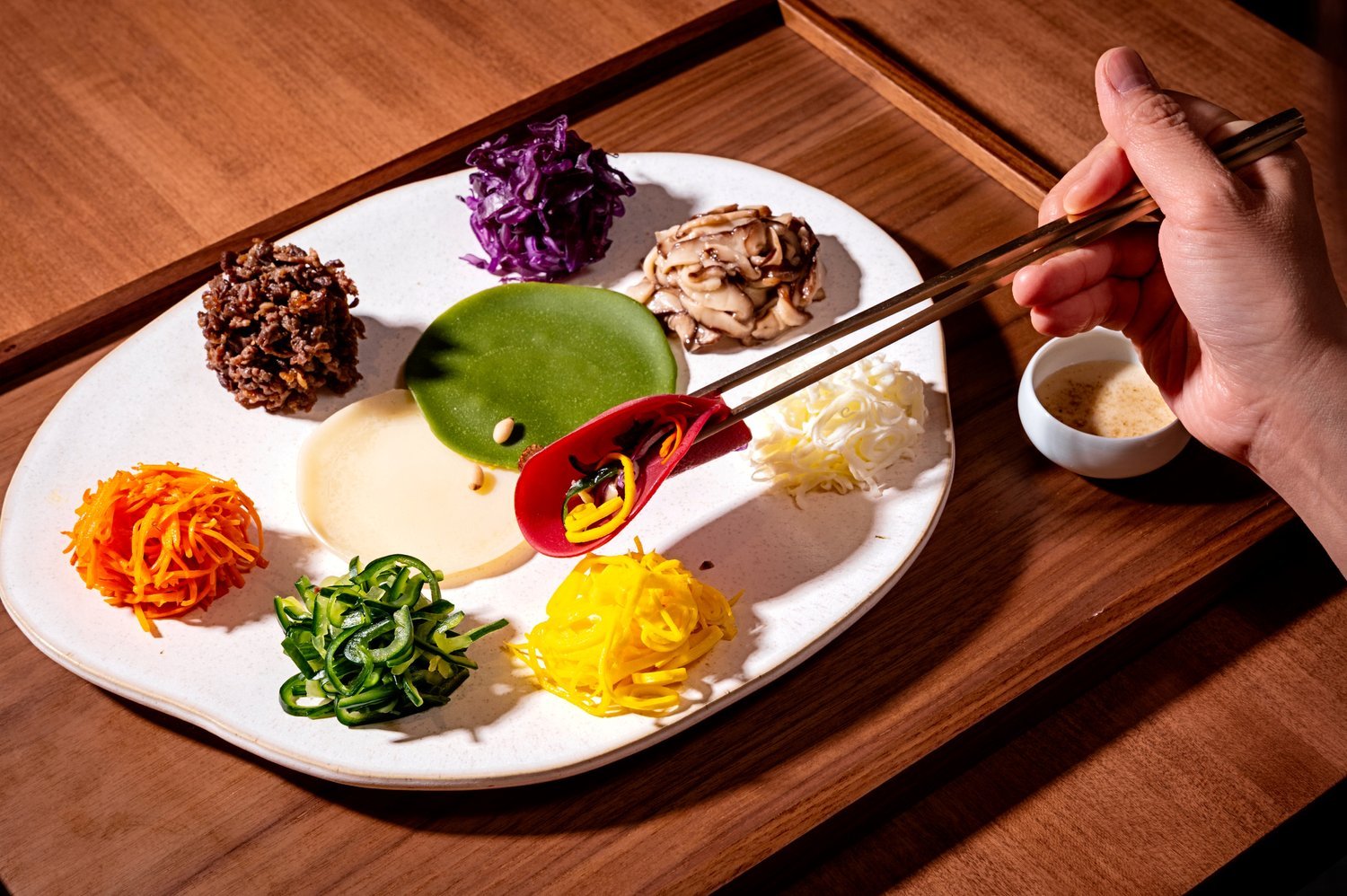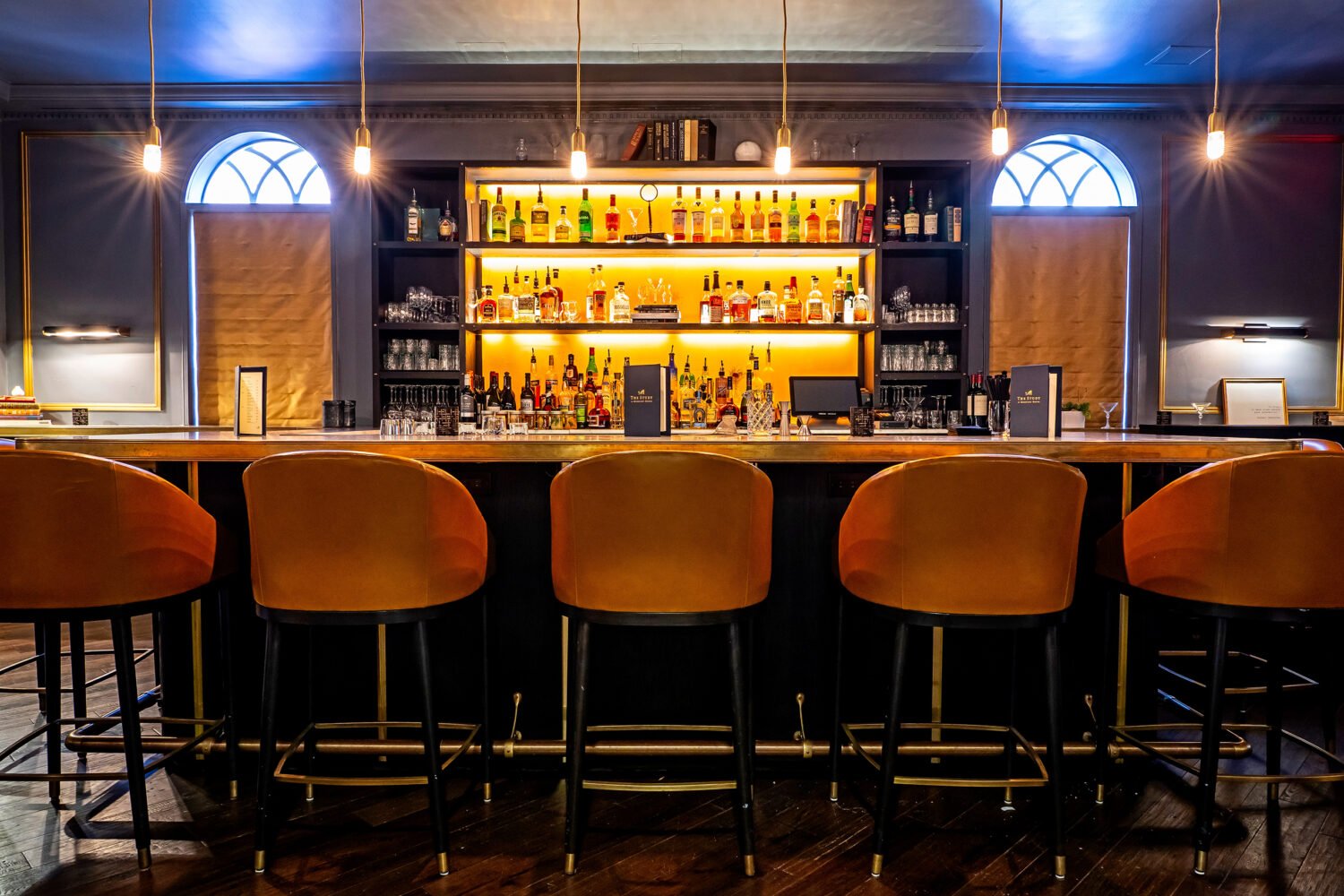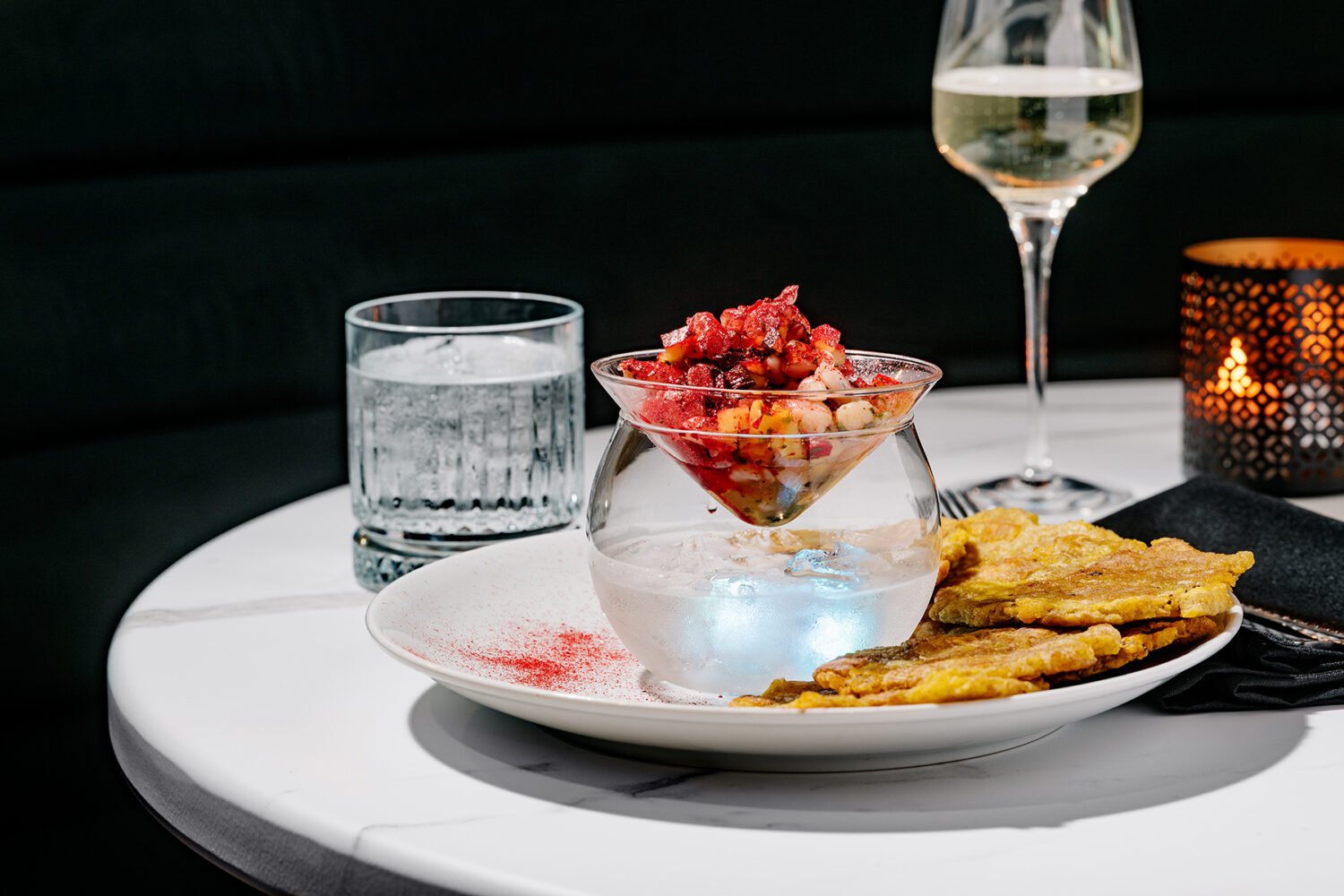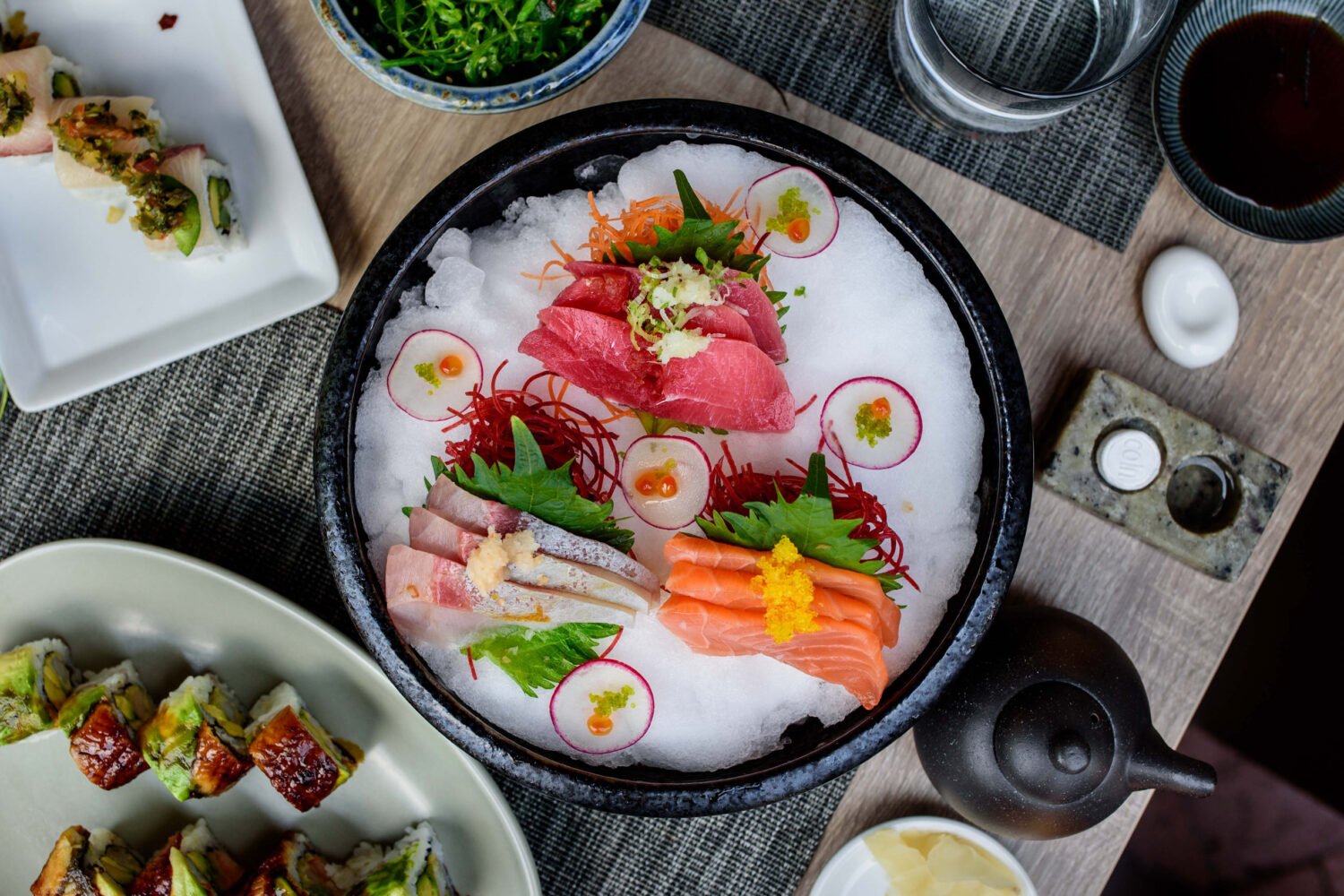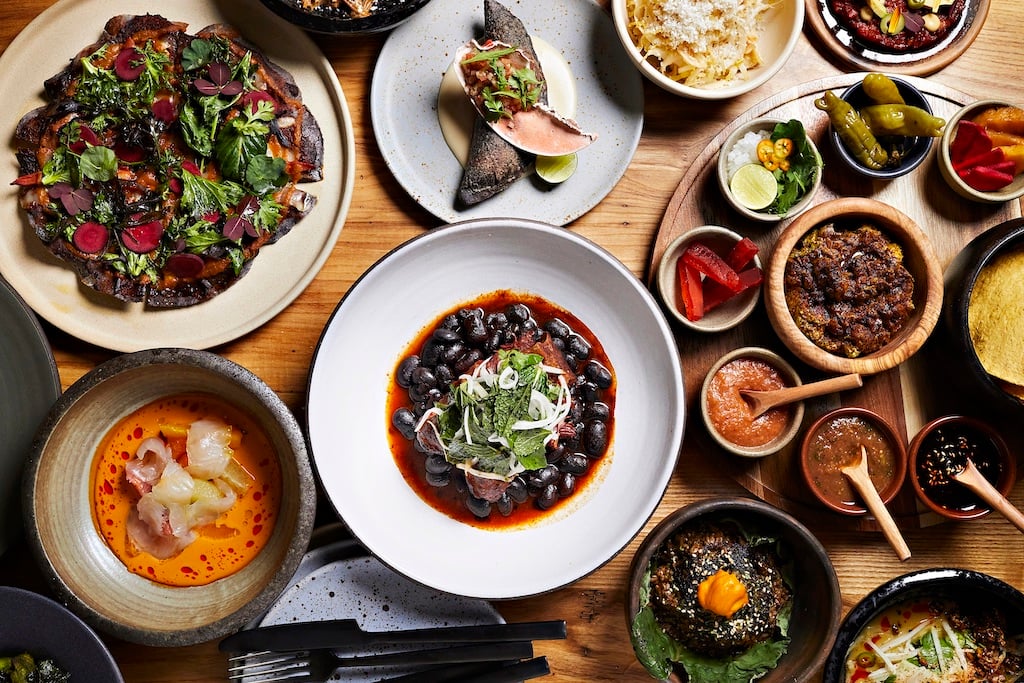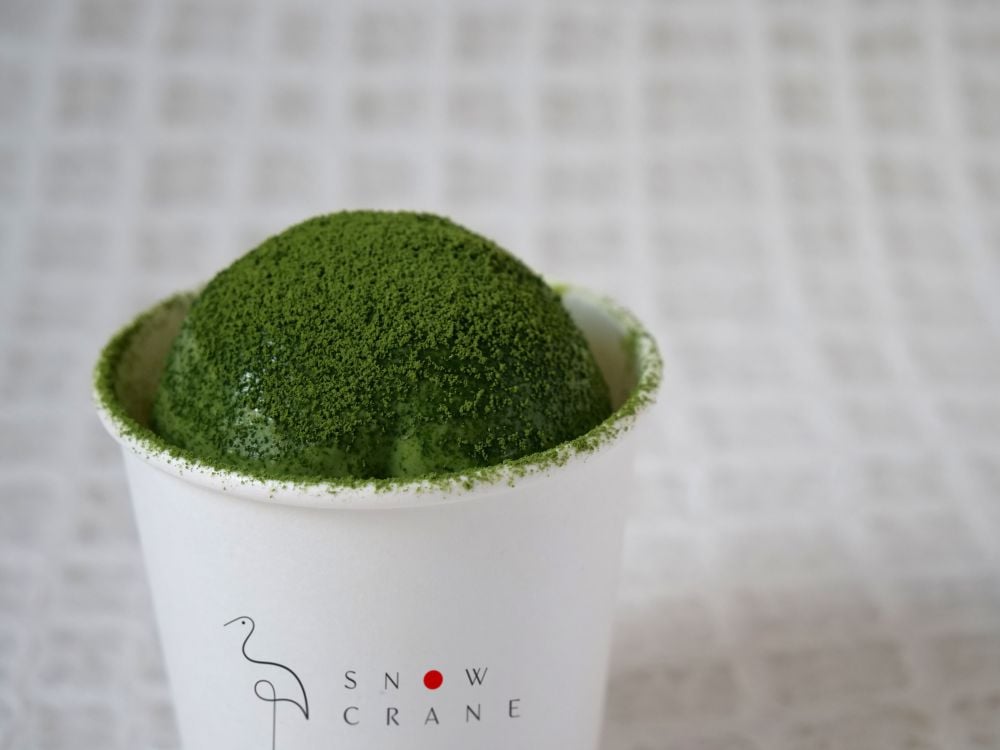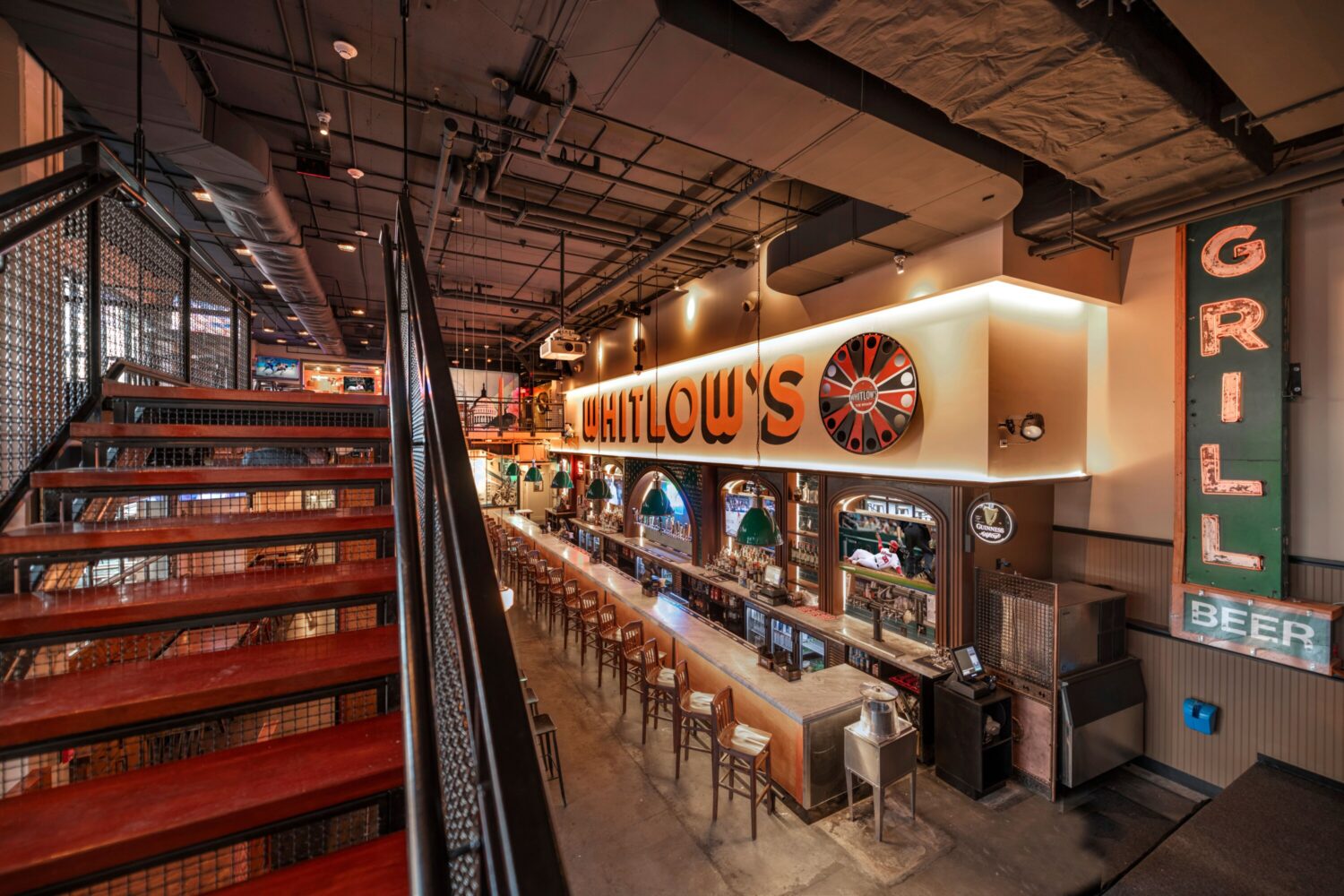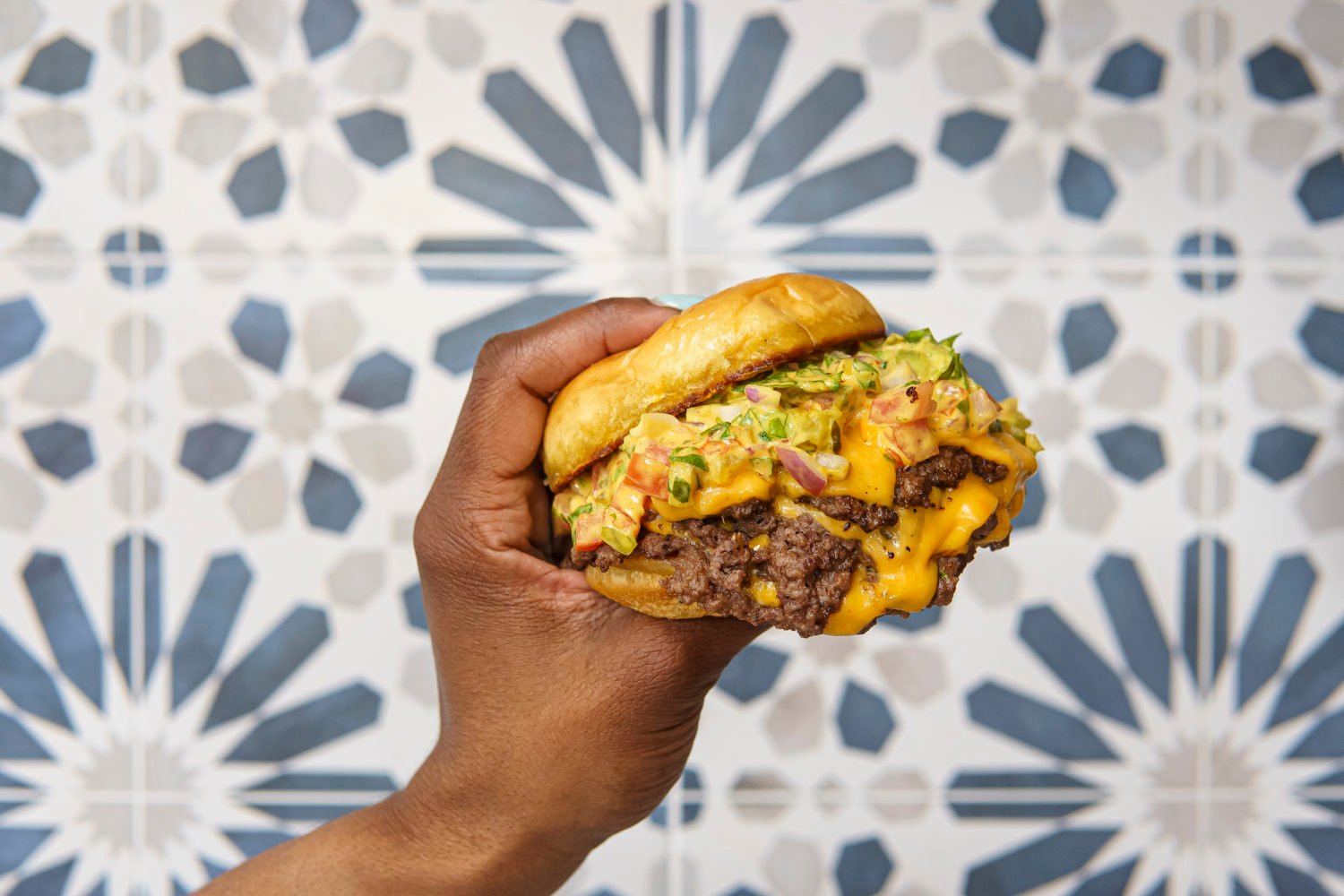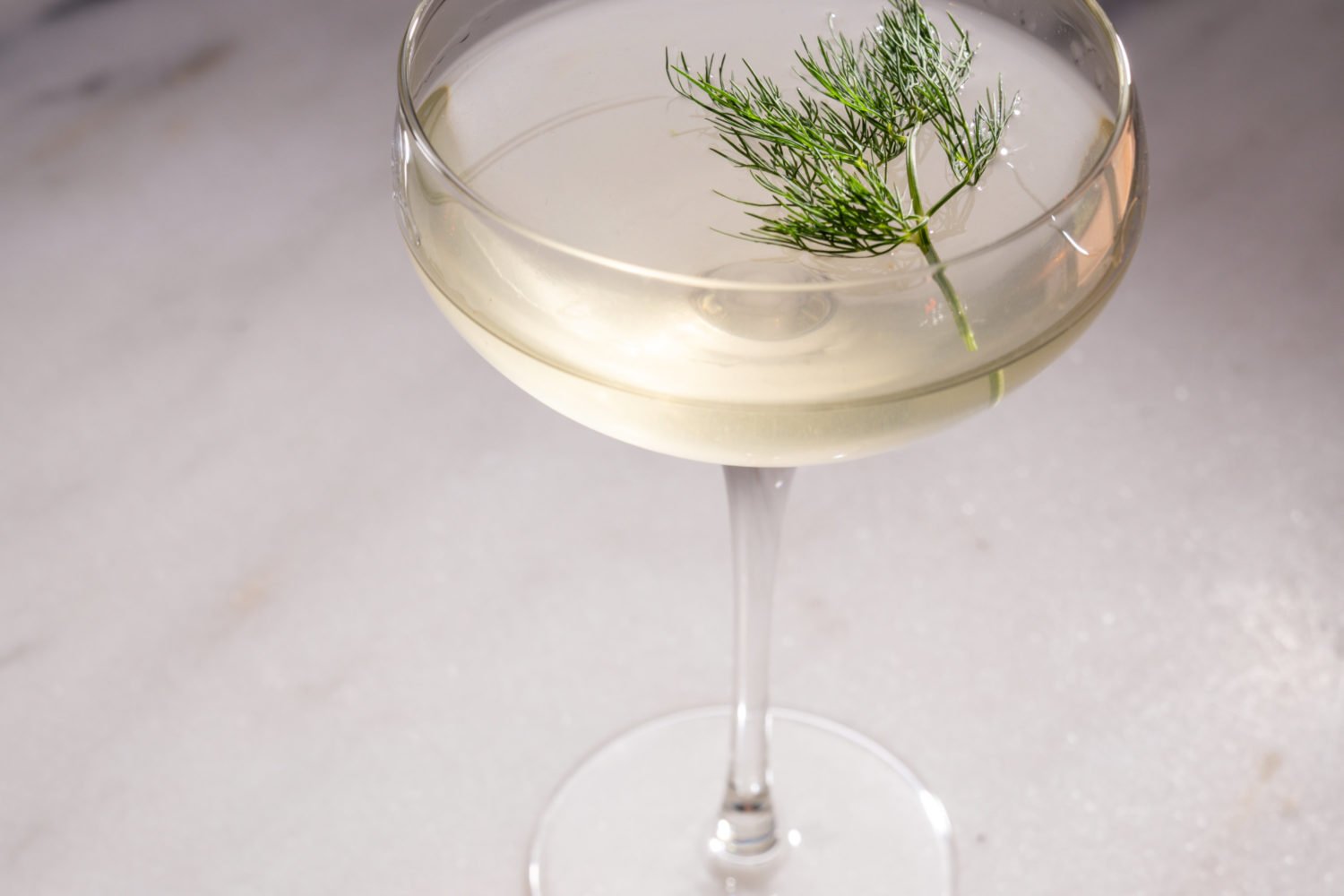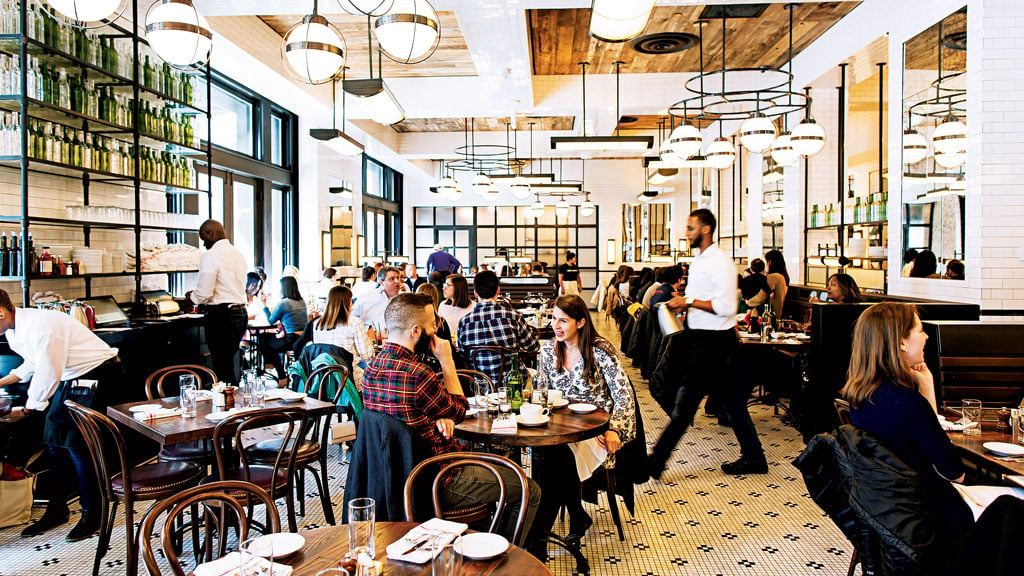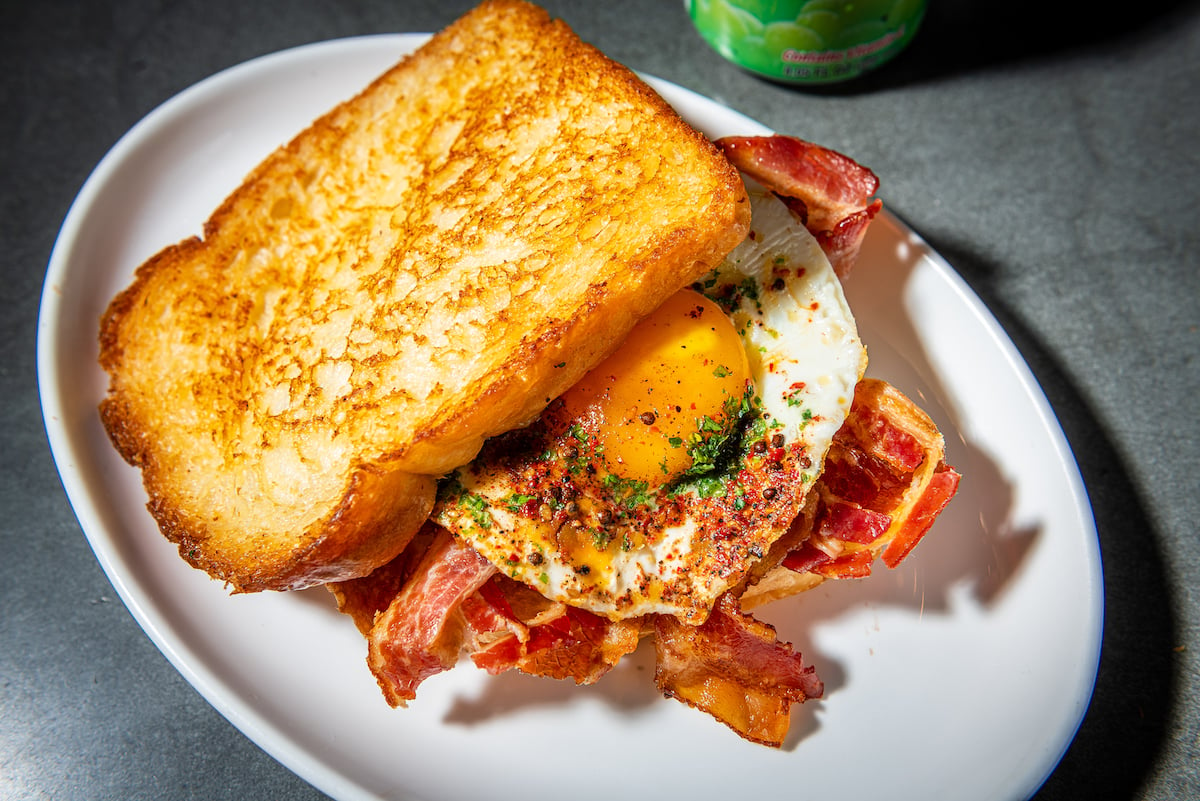About Restaurant Openings Around DC
A guide to the newest places to eat and drink.
Onggi. 2100 P St NW.
When Tae “Tanya” Kim was working for the United States government as a Korean language instructor, she quickly found one easy way to excite and engage her class of adult students: food.
“It was easier to learn because they can relate to it,” she says. “I got into studying more of the history of it, and it just became something that I wanted to share with my community here.”
Her enthusiasm and curiosity, and that of her class, are what led her to establish Onggi, a modern Dupont circle oasis serving modern hansik, or Korean traditional food. While the restaurant is currently in its soft opening phase, it will officially open its doors for lunch, dinner, and happy hour on Tuesday, April 1.
Onggi, which is named after the earthenware vessels used to ferment, cook, and serve hansik, has three pillars to its menu: the first, a selection of lunch specials served with black bean tea, assorted banchan, jeon, and salad; the second, hanjeongsik, or multi-course meal, menus served with floral tea for the table; and the third, a menu of à-la-carte small bites and main meals available all day. Two private rooms, designed for Korean-style business lunches, will also be available for larger parties to reserve.
If you ask Kim, there’s one thing on the menu that every Onggi guest should try: galbi, an addictively sweet and unctuous dish of marinated and grilled beef short ribs. You’ll find it on the all-day menu, served with three banchan, or in a lunch set with seasonal soup and your choice of side. Kim remembers galbi as a childhood treat— her mother would make it for her when she got straight A’s — and says that Onggi’s version delivers on the nostalgia factor.
Served with rotating banchan like dried-and-grilled anchovies, gochugaru-marinated cucumbers, and sweet pear kimchi, Onggi’s galbi “upgrades what I used to have at home to another level,” says Kim.

Beverage director Colin Sugalski, who was adopted by an American family when he was five months old, views his drinks program as an opportunity to further entrench himself in Korean culture. His drinks, like the rest of the restaurant, fuses traditional flavors with playful modernity, like the tequila-based Zona Rosa, with omija and gochujang and the Not Another Lychee Martini, accented with yogurt and ginger (and served in an onggi cup, of course).
“Of course, we’ll have dishes on the menu that are very classic, like mandu and kimbap,” sas Sugalski. “But chef wants to focus on making a bar that’s going to have the more modern flair.”
The Korean word jeong loosely translates to “affection,” “closeness,” or “attachment”. Kim wants Onggi guests to be reminded of this word at all times— especially between sips of kabocha squash porridge, bites of butter-grilled abalone, and slurps of umami-packed japchae noodles.
“We have this saying that the flavor comes from the tip of your finger of love,” she says. “Imo, which means aunties, are the ones who, with a caring heart, bring the flavor in all of these dishes.”
“We’re really proud to be showcasing that traditional wisdom,” Sugalski says.

